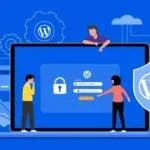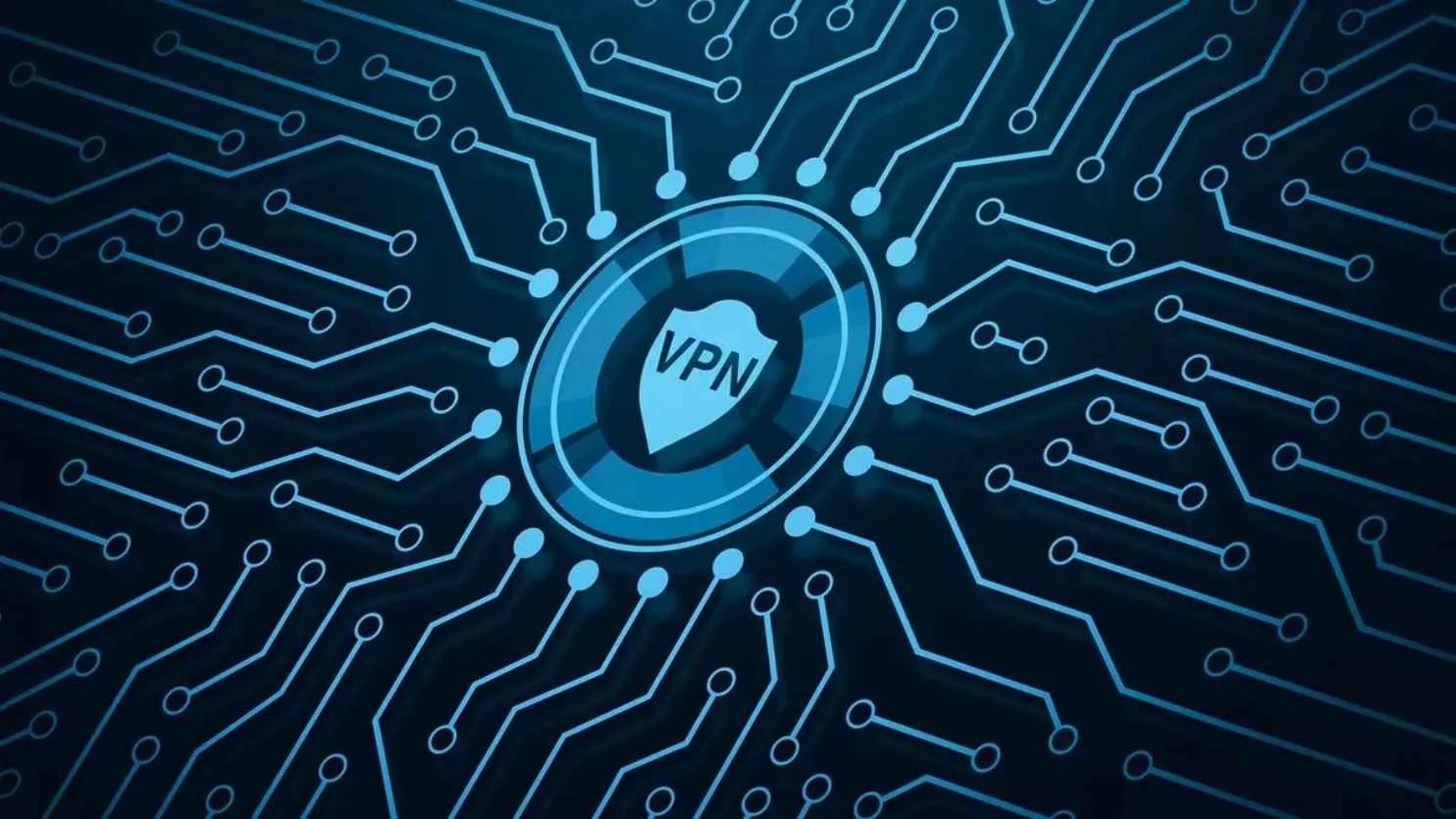Many individuals and businesses rely on VPNs to protect their sensitive information and online activities. However, the question remains: do VPN connections really keep you safe?
VPNs work by encrypting your internet traffic and routing it through a secure server. This means that your online activity is hidden from your Internet Service Provider (ISP) and potential hackers. It also allows you to bypass geo-restrictions and access websites that may be blocked in your location.
Despite the benefits of VPNs, there are still some risks involved. While a VPN can encrypt your internet traffic, it cannot protect you from all online threats. For example, if you download malware or visit a phishing website, a VPN will not prevent your device from being infected.
Additionally, not all VPN providers are created equal. Some may claim to offer strong encryption and security protocols, but may actually collect and sell your data to third-party advertisers. It is important to research and choose a reputable VPN provider that has a proven track record of protecting user privacy and security.
Another issue with VPNs is that they can slow down your internet speed. This is because your internet traffic has to travel further to reach the VPN server, which can add latency and reduce your overall speed. However, many high-quality VPN providers offer fast and reliable connections that minimize this issue.
The Dark Side of Virtual Private Networks (VPN) Connections
Recent events have shed light on the dark side of Virtual Private Network (VPN) connections. While VPNs were initially designed to protect user privacy and security, they have also become a tool for malicious actors to carry out nefarious activities.
Reports have emerged of hackers and cybercriminals abusing VPN connections to launch attacks on businesses and individuals. By using VPNs to hide their true IP address and location, these attackers can carry out their attacks with relative anonymity, making it difficult for law enforcement to track them down.
In one past incident, a group of hackers used a VPN connection to breach a major corporation’s network and steal sensitive information. The VPN connection allowed the hackers to bypass the company’s security measures and access confidential data without being detected.
Furthermore, it has been discovered that some VPN providers themselves have been engaging in unethical behavior.
In an investigation consumer reports found that 12 out of 16 of the VPNs either inaccurately represented their products and technology, or made hyperbolic or overly broad claims about the kinds of protection they provide their users.
When these misleading claims were coupled with the incessant reporting of security breaches causing individuals to become overly concerned about conducting financial transactions online or accessing websites that are already encrypted with HTTPS.
Furthermore, if VPN users are not aware that the protections provided are not all-encompassing, it may create a false sense of security for them.
The abuse of VPN connections has also had a significant impact on legitimate users. Many websites and online services have begun to block traffic from known VPN IP addresses, making it difficult for users to access certain content. This has led to frustration and inconvenience for many individuals who rely on VPNs for legitimate purposes, such as accessing restricted content or working remotely.
In response to these issues, some countries have implemented strict regulations on VPN providers, requiring them to maintain logs of user activity and provide access to law enforcement.
While Virtual Private Network (VPN) connections can provide an added layer of security and privacy for online activities, they do not offer comprehensive protection. Here are a few reasons why:
- Malware and phishing attacks: VPNs can encrypt internet traffic, but they cannot protect against malware and phishing attacks. If a user inadvertently downloads malware or falls prey to a phishing scam, the VPN will not be able to prevent these attacks.
- IP leaks: Some VPNs may not be properly configured, which can lead to IP leaks. This means that a user’s true IP address can be exposed, making it possible for their online activities to be traced.
- DNS leaks: Similarly, some VPNs may not protect against Domain Name System (DNS) leaks, which can reveal the user’s online activities and location.
- Logging policies: Not all VPN providers have strict no-logging policies. Some may log user data, including internet activities, and use it for marketing or sell it to third-party advertisers.
- Connection speed: VPN connections can slow down internet speeds, which can be frustrating for users who need fast and reliable connections.
Overall, while VPNs offer some degree of protection and privacy, it is important for users to be aware of their limitations and to practice safe online habits. This includes avoiding suspicious emails and websites, using strong passwords, and keeping software up to date.
Proxy Server VS VPN Connection
A proxy server and a Virtual Private Network (VPN) connection are both tools that allow users to access the internet with varying levels of privacy and security. However, they function in different ways and offer different levels of protection.
A proxy server acts as an intermediary between a user’s device and the internet. When a user requests a webpage or other online content, the request goes through the proxy server instead of directly to the website or service. The proxy server then relays the content back to the user’s device. This can provide some degree of privacy, as the website being accessed sees the IP address of the proxy server rather than the user’s device.
However, proxy servers typically do not provide the same level of encryption as VPNs, which can leave user data vulnerable to interception by malicious actors. Additionally, proxy servers may be more easily detectable and blocked by some websites or services.
On the other hand, VPNs encrypt all internet traffic between a user’s device and the VPN server. This means that even if an attacker intercepts the data, they will not be able to read it. VPNs can also mask the user’s IP address and location, providing a higher level of privacy and security than a proxy server.
Does The Average Home User Really Need A VPN Service?
Whether or not the average home user needs a Virtual Private Network (VPN) service depends on their individual needs and priorities. Here are some factors to consider
- Privacy concerns: If the user is concerned about their online privacy and wants to prevent their internet service provider (ISP) from tracking their activities or selling their data to advertisers, a VPN can be a useful tool. It can also prevent other parties, such as government agencies or hackers, from intercepting their internet traffic.
- Geographical restrictions: Some online content, such as streaming services or social media sites, may be restricted in certain countries. A VPN can allow users to access this content by masking their IP address and appearing as if they are located in a different country.
- Public Wi-Fi: If the user frequently connects to public Wi-Fi networks, such as in coffee shops or airports, a VPN can provide an added layer of security by encrypting their internet traffic and protecting against potential attacks from other users on the network.
- Work from home: As more people work remotely, a VPN can be a useful tool for securely accessing company resources and files from outside the office.
However, for some users, a VPN may not be necessary or practical. For example, if the user does not frequently use public Wi-Fi or is not concerned about their online privacy, a VPN may be an unnecessary expense. Additionally, some VPNs can slow down internet speeds or require technical expertise to set up and use.
In summary, the decision to use a VPN service depends on the individual needs and priorities of the user. For those who are concerned about their online privacy or need to access restricted content, a VPN can be a valuable tool. However, for others, it may not be necessary or practical.







